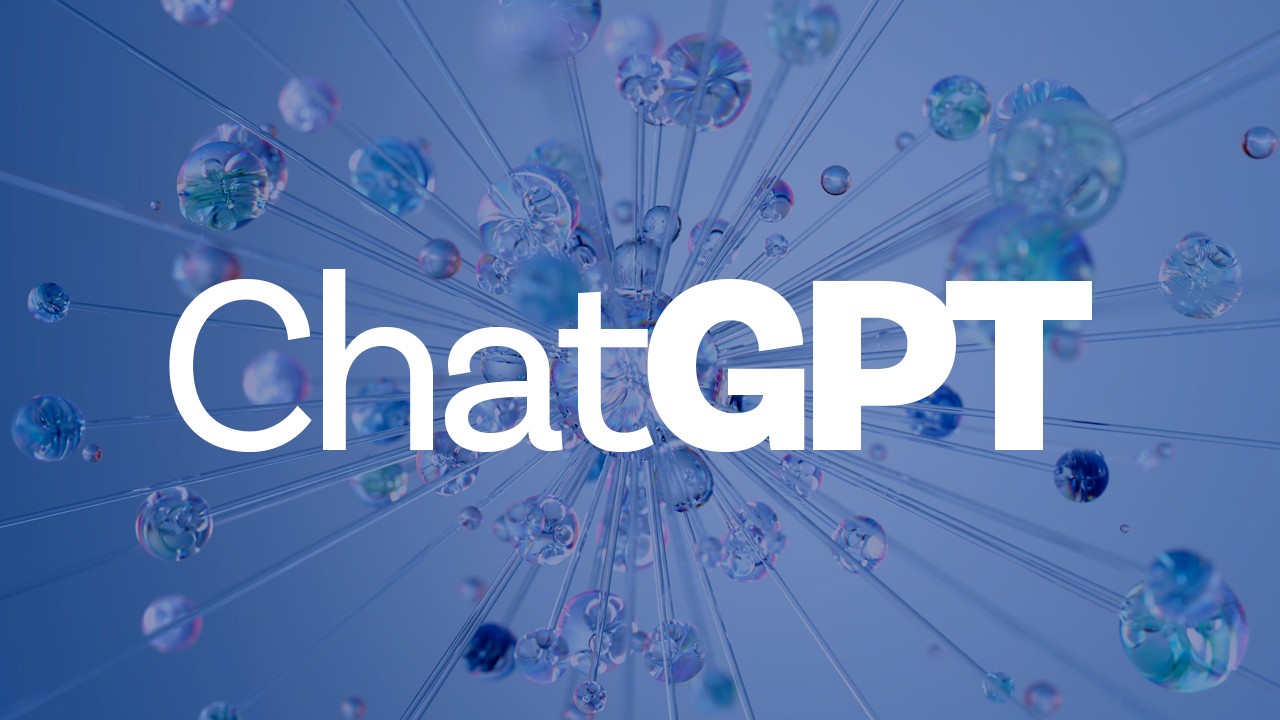ChatGPT’s Secret Weapon: The Watermark Dilemma
The rapid advancement of artificial intelligence, particularly in natural language processing, has ushered in a new era of both innovation and challenges. OpenAI’s ChatGPT, a groundbreaking language model, has captured the world’s attention with its ability to generate human-quality text. However, its potential for misuse, especially in academic and professional settings, has prompted the development of a powerful tool: text watermarking.

The Rise of AI-Generated Text and the Need for Detection
ChatGPT’s capacity to produce coherent and contextually relevant text has sparked concerns about its potential to facilitate academic dishonesty, plagiarism, and the spread of misinformation. As the model’s capabilities expanded, so did the urgency for a reliable method to distinguish AI-generated content from human-created text.
OpenAI’s Watermarking Solution
To address these concerns, OpenAI has been quietly developing a sophisticated watermarking system for ChatGPT. This technology involves subtly modifying the AI’s word prediction process, leaving an imperceptible pattern within the generated text. While the company has reportedly achieved a remarkable 99.9% accuracy in identifying ChatGPT-generated content using this method, the decision to release it to the public has been met with internal resistance.
The Balancing Act: User Satisfaction vs. Accountability
Despite the clear benefits of a watermarking tool in combating misuse, OpenAI faces a complex challenge. A survey conducted by the company revealed strong global support for such a tool. However, a significant portion of ChatGPT users expressed concerns about potential privacy implications and the possibility of unintended consequences.
One key concern is the impact on non-native English speakers who rely on ChatGPT for language assistance. Watermarking could inadvertently penalize these users, hindering their ability to leverage the tool effectively. Additionally, there’s a risk that malicious actors could develop methods to circumvent the watermarking system, undermining its effectiveness over time.
Beyond Watermarking: The Future of AI Detection
Recognizing the limitations of watermarking, OpenAI is exploring alternative approaches to AI text attribution. One promising method involves embedding metadata directly into the text, providing a cryptographic signature that can be verified independently. This approach offers the potential for greater accuracy and security compared to watermarking.
The Broader Implications
The challenge of detecting AI-generated text extends beyond OpenAI and ChatGPT. Google, for instance, has also developed its own watermarking tool for its AI model, Gemini. As AI continues to evolve, the development of standardized methods for identifying AI-generated content becomes increasingly crucial.
FAQs
Q: How does ChatGPT’s watermarking system work?
A: The system subtly modifies the AI’s word prediction process, leaving a hidden pattern within the text.
Q: Is ChatGPT’s watermarking tool publicly available?
A: No, the tool has not been released to the public yet.
Q: What are the concerns about watermarking ChatGPT text?
A: Concerns include potential impact on non-native English speakers, privacy implications, and the risk of circumvention.
Q: Are there alternatives to watermarking?
A: Yes, OpenAI is exploring metadata embedding as a potential alternative.
Q: Is watermarking a perfect solution?
A: No, there is a risk of false positives and the possibility of circumvention.




